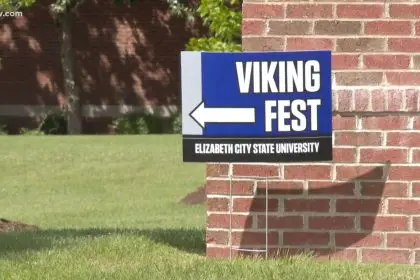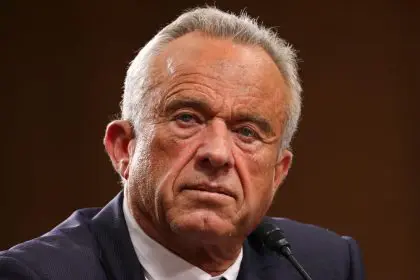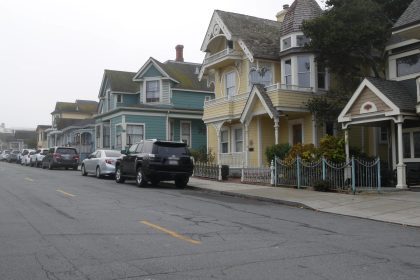The quest for justice never expires. This rings especially true as Congress members press President Joe Biden on Dec. 26 to posthumously pardon Marcus Garvey, the Jamaican-born leader whose influence shaped generations of consciousness and pride among people of African descent worldwide.
A legacy under shadow
The year was 1923 when the federal government convicted Garvey of mail fraud, a charge that historians widely recognize as a calculated move to silence his revolutionary message of economic independence and cultural pride. While President Calvin Coolidge eventually commuted his sentence, the conviction’s stain persists, undermining the legacy of a man who dared to envision and build institutions for collective progress.
The push for Garvey’s pardon, led by Jamaican-American Representative Yvette Clarke, arrives at a pivotal moment, according to Black Enterprise. As some state legislators attempt to restrict the teaching of authentic Black history in schools, clearing Garvey’s name would serve as a powerful counter to these efforts.
Beyond symbolic justice
The movement Garvey built wasn’t just about protests; it was about power. Through the Universal Negro Improvement Association, or UNIA, he created a blueprint for economic self-reliance that resonates with today’s conversations about closing the wealth gap and building generational prosperity.
His vision included Black-owned businesses, educational institutions and shipping lines, demonstrating an understanding that true freedom requires both political rights and economic independence. These principles mirror contemporary discussions about supporting Black-owned businesses and creating sustainable community wealth.
Unfinished business
Dr. Julius Garvey continues his father’s fight for vindication, noting that the case against Marcus Garvey exemplified how the justice system could be weaponized against those who challenged the status quo. The original conviction relied heavily on questionable evidence and prosecutorial misconduct, reflecting patterns that persist in the criminal justice system today.
The timing of this congressional push carries added significance as President Biden approaches the end of his term, having already demonstrated willingness to use his pardon power. Previous attempts to clear Garvey’s name — including congressional hearings in 1987 and resolutions in 2004 — laid groundwork for this moment.
A matter of principle
The campaign for Garvey’s pardon transcends mere historical correction. It speaks to contemporary struggles for equity and recognition in a society still grappling with its past. As communities nationwide push back against attempts to sanitize history curriculum, Garvey’s story illustrates why preserving and honoring authentic Black history remains crucial.
His philosophy of self-determination and economic empowerment offers valuable lessons for current generations building their own platforms for change. From tech startups to community development initiatives, the essence of Garvey’s vision — creating independent institutions that serve and uplift the community — lives on.
A presidential pardon would acknowledge not just one man’s innocence, but validate the enduring relevance of his message. It would affirm that pursuing justice — no matter how delayed — remains essential to building a society worthy of future generations.

















